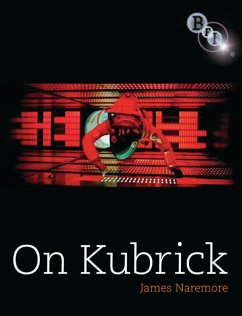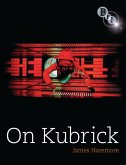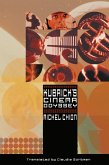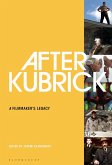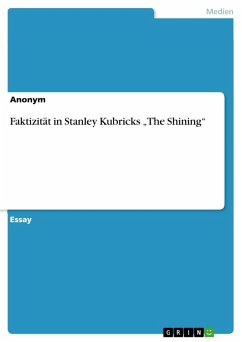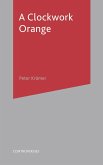On Kubrick provides an illuminating critical account of the films of Stanley Kubrick, from his earliest feature, Fear and Desire (1953), to the posthumously-produced A.I. Artificial Intelligence (Steven Spielberg, 2001). The book offers provocative analysis of each of Kubrick's films, together with new information about their production histories and cultural contexts. Its ultimate aim is to provide a concise yet thorough discussion that will be useful as both an academic text and a trade publication.
James Naremore argues that in several respects Kubrick was one of the cinema's last modernists: his taste and sensibility were shaped by the artistic culture of New York in the 1950s; he became a celebrated auteur who forged a distinctive style; he used art-cinema conventions in commercial productions; he challenged censorship regulations; and throughout his career he was preoccupied with one of the central themes of modernist art - the conflict between rationality and its ever-present shadow, the unconscious.
War and science are key concerns in Kubrick's oeuvre, and his work has a hyper-masculine quality. Yet no director has more relentlessly emphasized the absurdity of combat, as in Paths of Glory (1957) and Full Metal Jacket (1987), the failure of scientific reasoning, as in 2001 (1968), and the fascistic impulses in masculine sexuality, as in Dr Strangelove (1964) and Eyes Wide Shut (1999).
The book also argues that while Kubrick was a voracious intellectual and a life-long autodidact, the fascination of his work has less to do with the ideas it espouses than with the emotions it evokes. Often described as 'cool' or 'cold,' Kubrick is best understood as a skillful practitioner of what might be called the aesthetics of the grotesque; he employs extreme forms of caricature and black comedy to create disgusting, frightening yet also laughable images of the human body, creating a sense of unease that leaves viewers unsure of how to react.
James Naremore argues that in several respects Kubrick was one of the cinema's last modernists: his taste and sensibility were shaped by the artistic culture of New York in the 1950s; he became a celebrated auteur who forged a distinctive style; he used art-cinema conventions in commercial productions; he challenged censorship regulations; and throughout his career he was preoccupied with one of the central themes of modernist art - the conflict between rationality and its ever-present shadow, the unconscious.
War and science are key concerns in Kubrick's oeuvre, and his work has a hyper-masculine quality. Yet no director has more relentlessly emphasized the absurdity of combat, as in Paths of Glory (1957) and Full Metal Jacket (1987), the failure of scientific reasoning, as in 2001 (1968), and the fascistic impulses in masculine sexuality, as in Dr Strangelove (1964) and Eyes Wide Shut (1999).
The book also argues that while Kubrick was a voracious intellectual and a life-long autodidact, the fascination of his work has less to do with the ideas it espouses than with the emotions it evokes. Often described as 'cool' or 'cold,' Kubrick is best understood as a skillful practitioner of what might be called the aesthetics of the grotesque; he employs extreme forms of caricature and black comedy to create disgusting, frightening yet also laughable images of the human body, creating a sense of unease that leaves viewers unsure of how to react.

